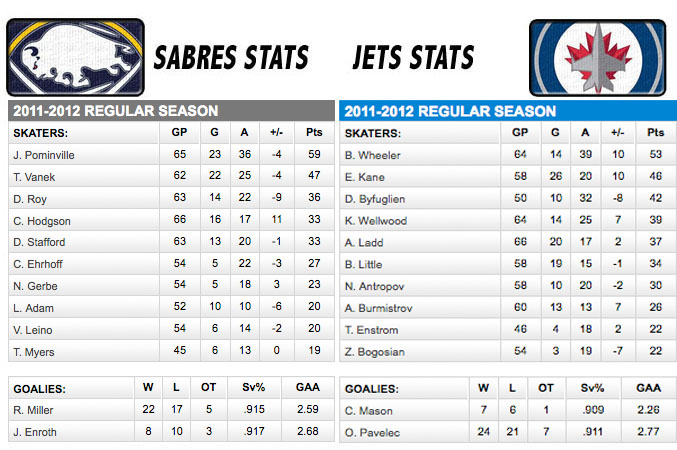There's a website called Return of Kings written for 20-something men that reduces the sexual politics of the social messaging dating age down to their raw, unforgiving essence. At times, it can be mean and soulless ("Why older women need to just go away" is a recent post) but it gives its target audience a strategy for dealing with the world and claiming what they want, though you can argue the merits of their tactics.
In a similar way, there are times where it's necessary to cut through cozy, feel-good arguments, and say things just how they are in other contexts. In the matter of recent Duck news headlines and their impact on the future of Oregon football, here's a two-minute blast of reality, no matter how impolitic and unpalatable it might be.
It was reported yesterday on goducks.com and elsewhere that Arik Armstead quit the men's basketball team to concentrate on football, giving him the opportunity to spend a crucial winter working on strength, quickness and technique. A junior in 2014, he becomes draft eligible at the end of the year.
NFL scouts and national pundits like Ted Miller of ESPN have often said that Armstead's true position is offensive tackle, where his long arms, good feet and athletic ability can be used to full advantage.
If he wanted to switch, the time is right now. Kyle Long played defensive end in his first year at Saddleback, played offensive tackle as a sophomore. Switched to guard by Steve Greatwood, he earned a first round contract and a trip to the pro bowl.
That said, the Ducks have a much bigger need at DT than anywhere else on the field, and that's where he wants to play. This season they have a three-year starter in Jake Fisher at right tackle, a two-year starter, Tyler Johnstone on the blind side. Meanwhile, Ron Aiken's defensive line graduated five defensive tackles after the Alamo Bowl.
But I wonder how long Armstead's basketball career would have lasted if he had told Dana Altman he wanted to be a point guard. While allowing players to choose their position is a useful recruiting tool, players don't always evaluate themselves with the clearest and most mature eyes.
Meanwhile at Northwestern University, football players are seeking to join a union. According to a story in CNN Money by writer Chris Isidore, an undisclosed number of Wildcat players have given signatures of support for the National College Players Association. New union president Ramogi Huma, a former college quarterback, has filed a petition with the National Labor Relations Board, and they have backing from the United Steelworkers. Steelworkers president Leo Gerard participated in the press conference.
Whether this is good for college football or not, this is real, and it's happening.
Players say they want a fairer share of the revenues, and a seat at the table in issues like graduation rates and player safety.
Critics say "there is a difference between generating gross revenues and generating net profits." That's true but unreasonable, part of the dodge created by the NCAA. Football and men's basketball generate so much money that the NCAA has a $68 million dollar surplus, and coaches get paid anywhere from two to six million apiece. March Madness is the most lucrative sports product in television, bigger than the Super Bowl.
At some point, Title IX concerns will meet head on with the fact that without the talent, effort and sacrifices of major sport athletes, the entire empire ceases to exist.
The fact that athletic budgets and athletic directors' generous salaries are paid out the huge revenues they're producing won't matter: when the athletes organize or litigate to get a fair share of it, they're likely to win. They'll come to the table and say, you're going to have to redivide that pie to include us, regardless of who you baked it for. The kitchen may erupt in flames, but the plights of women's lacrosse and Mark Helfrich's car allowance won't put it out.
The fact that it would be costly and inconvenient to pay college football players (above the table), even potentially disastrous, won't prevent it from happening.
How much is a star athlete like Marcus Mariota or Ifo Ekpre-Olomu worth to the Oregon Athletic Department?
Add The Sports Daily to your Google News Feed!
